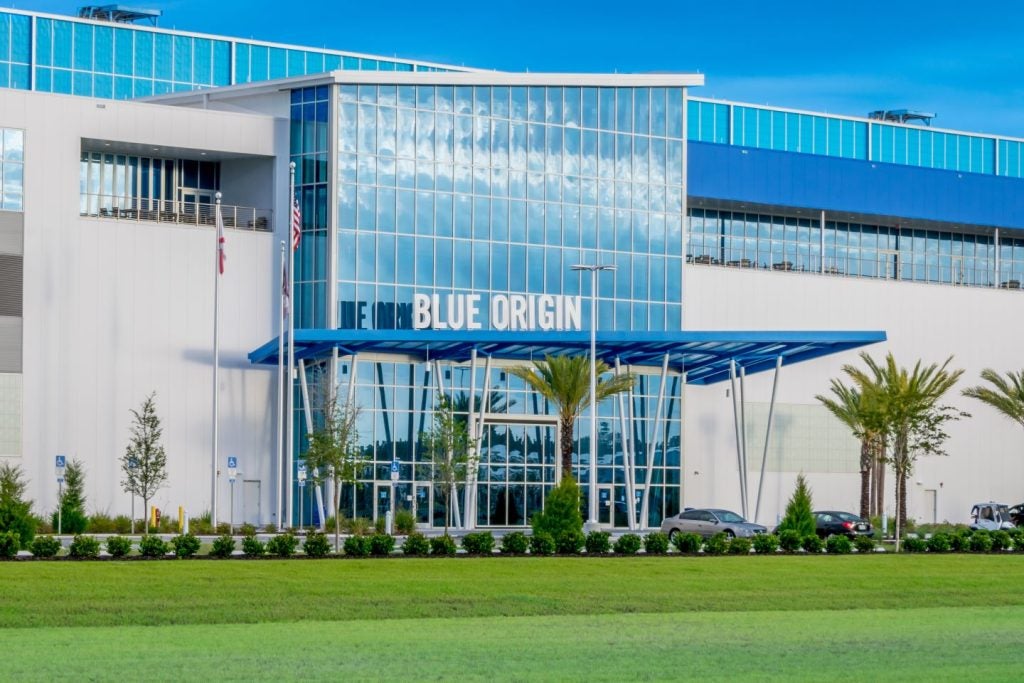
US Democrat Representative Adam Schiff has proposed a Generative AI Copyright Disclosure Act to Congress.
The proposed act would require tech companies to disclose any copyrighted material used in the training of their generative AI. Under the act, tech companies would need to send a notice to the US’ Register of Copyrights before the release of a generative AI tool.
Generative AI is able to recreate human-like text, image and video.
To achieve this, tech companies train generative AI tools on swathes of data that is ingested by AI and used to respond to prompts.
OpenAI, the startup behind ChatGPT, was among the first to face a series of copyright infringement lawsuits from authors citing that it had used their work in data training without their knowledge or consent.
Representative Schiff stated that there was a need to balance generative AI’s potential with the threat it posed to creatives and the misuse of their work. His Act, he said, was a pivotal step towards ethical AI.

US Tariffs are shifting - will you react or anticipate?
Don’t let policy changes catch you off guard. Stay proactive with real-time data and expert analysis.
By GlobalData“It champions innovation while safeguarding the rights and contributions of creators, ensuring they are aware when their work contributes to AI training datasets. This is about respecting creativity in the age of AI and marrying technological progress with fairness,” he said.
Generative AI was also at the forefront of Hollywood’s SAG-AFTRA strikes in 2023.
Writers and actors within the film industry went on strike to protest for protections against the use of generative AI in media.
Schiff’s proposed Act has received vocal support from the Writer’s Guild of America and SAG-AFTRA.
SAG-AFTRA’s chief negotiator and national executive director Duncan Crabtree-Ireland stated that tech companies needed to acknowledge that all AI generated content originated from a human source.
“That’s why human creative content—intellectual property—must be protected. SAG-AFTRA fully supports the Generative AI Copyright Disclosure Act, as this legislation is an important step in ensuring technology serves people and not the other way around,” he said.
Schiff’s proposed act can be read in full here.







